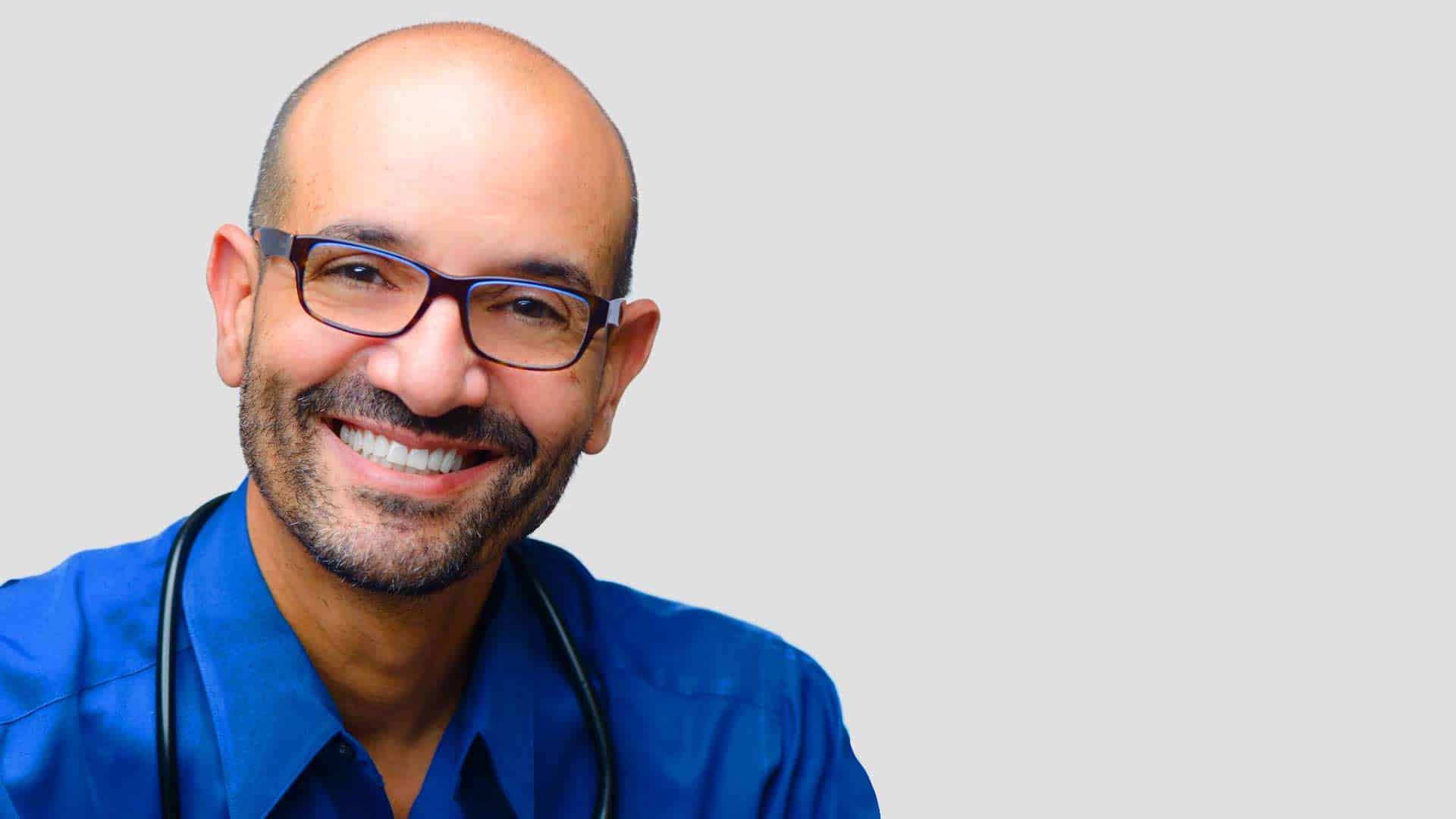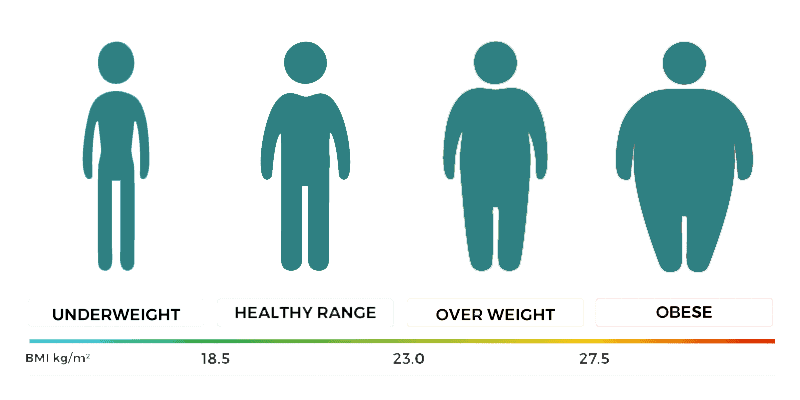Why a Fellowship Trained Surgeon?

A surgical career starts when the student graduates from medical school and joins a general surgery residency training program. In the USA, this training is usually a 5-year term. The graduated general surgeon has a basic knowledge about the management of surgical diseases. If he/she chooses to continue to a specific specialization, the surgeon needs to join a fellowship training program. This may be required by some surgical boards and certifying bodies. Examples of fellowship trained surgical specialties include but are not limited to vascular surgery, plastic surgery, thoracic and cardiovascular surgery, minimally invasive and bariatric surgery, surgical oncology; the list goes on. In this specialized fellowship training, the surgeons gain a focused training geared toward the treatment of specific organs or diseases.
Think about it this way. You buy a brand-new car. This car is very expensive and gorgeous. For example,it may be a BMW, Mercedes, Porsche or a Ferrari. Your car now needs some repair or maintenance. Would you take your expensive car to your regular nice neighborhood mechanic? Or would you rather take it to the dealership?Most people would answer, “certainly take it to the dealership”. These owners have made the correct choice. The dealership mechanic has been initially trained as your friendly neighborhood mechanic but proceeded to more training by the factory of your car brand. He has all the required knowledge about your car’s specific engine and electronics. He is equipped with the matching computer and has the specific tools and knowledge not only to take the engine apart but reassemble it back to the original manufacturer specifications. The dealership will also grant you a warranty of the work done.
Your body’s anatomy and physiology is the most complex equipment on the face of earth. The data in surgical literature is clear about the importance of the FIRST surgery you receive to treat your disease or condition. The best success rate and outcome usually follow a competently performed first surgical procedure. Subsequent surgeries to correct a bad first job do not EVER carry the success rate compared to the first surgery (if done correctly). The human body does not have OEM spare parts or an entire remanufactured engine to replace. Even more, a bad surgery can carry negative lifestyle consequences that only the patient will have to bear for the rest of his/her life. Patients (as people) would surf the internet for hours before they buy apiece of clothing, appliance, electronic gadget, hotel, vacation, hire a builder, architect, and so much more. But they do not invest anytime to research the credentials of the surgeon to whom they are being referred. They do not question their referring physician about the credentials of that surgeon. They are going to passively submit themselves to potentially less than perfect surgery with possible disastrous consequences without asking any questions. They assume that all surgeons would perform the surgical procedure with the same results. Unfortunately, when they learn the above-mentioned facts, it is too late to rectify.
Like anything else that matters to you, do your due diligence when seeking a surgeon. A fellowship trained surgeon has the specialized knowledge and training to make your procedure a success the first time.





